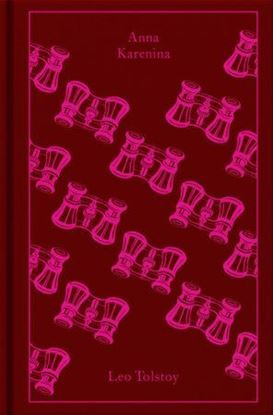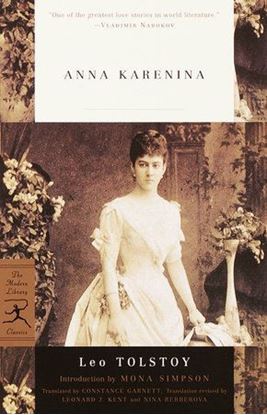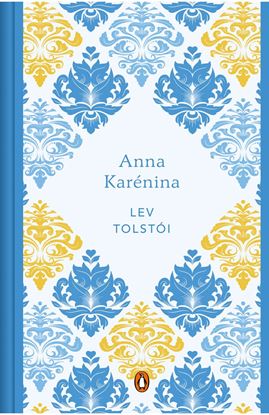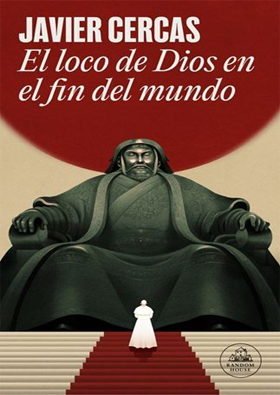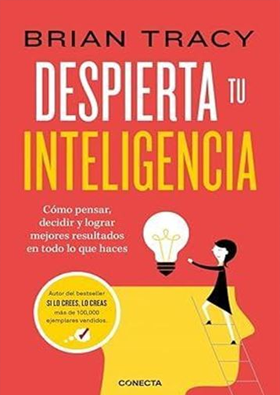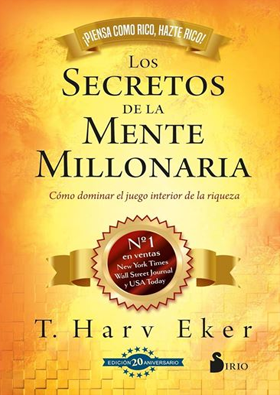

ANNA KARENINA (TD)
Anna Karenina seems to have everything – beauty, wealth, popularity and an adored son. But she feels that her life is empty until the moment she encounters the impetuous officer Count Vronsky. Their subsequent affair scandalizes society and family alike and soon brings jealously and bitterness in its wake. Contrasting with this tale of love and self-destruction is the vividly observed story of Levin, a man striving to find contentment and a meaning to his life – and also a self-portrait of Tolstoy himself.
1,950
ANNA KARENINA (MODERN LIBRARY)
Considered by some to be the greatest novel ever written, Anna Karenina is Tolstoy's classic tale of love and adultery set against the backdrop of high society in Moscow and Saint Petersburg. A rich and complex masterpiece, the novel charts the disastrous course of a love affair between Anna, a beautiful married woman, and Count Vronsky, a wealthy army officer. Tolstoy seamlessly weaves together the lives of dozens of characters, and in doing so captures a breathtaking tapestry of late-nineteenth-century Russian society. As Matthew Arnold wrote in his celebrated essay on Tolstoy, "We are not to take Anna Karenina as a work of art; we are to take it as a piece of life."
1,350
ANNA KARENINA (ED. CONMEM) (TD)
La historia de Anna Karénina, junto a la de Madame Bovary, es la del adulterio más célebre de la literatura. El enamoramiento de la protagonista, casada con el alto funcionario Karénin, por el atractivo militar Vronski y el estrepitoso romance que con él vive son el eje de una novela que es mucho más que la pulida tragedia de una caída en desgracia: es un esmerado y delicado retrato de todo un tiempo y un lugar, la vivisección de una sociedad en la que la felicidad de algunos convive con la desdicha de otros.
950


